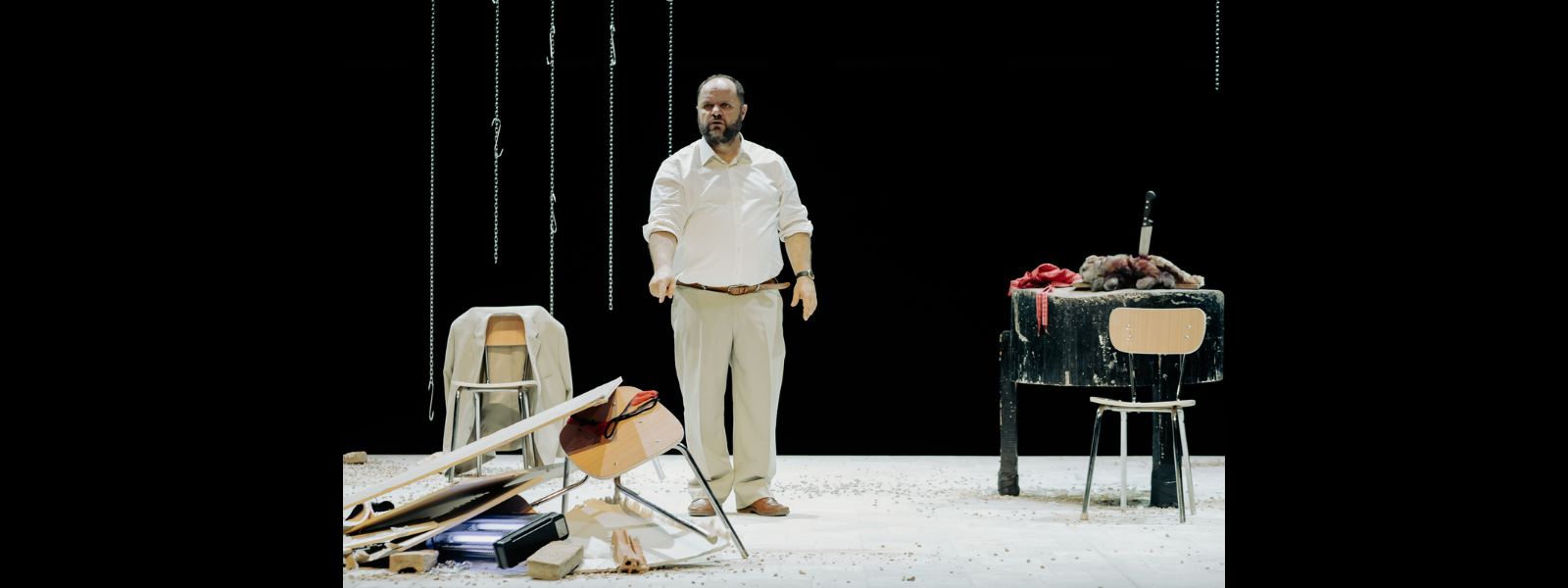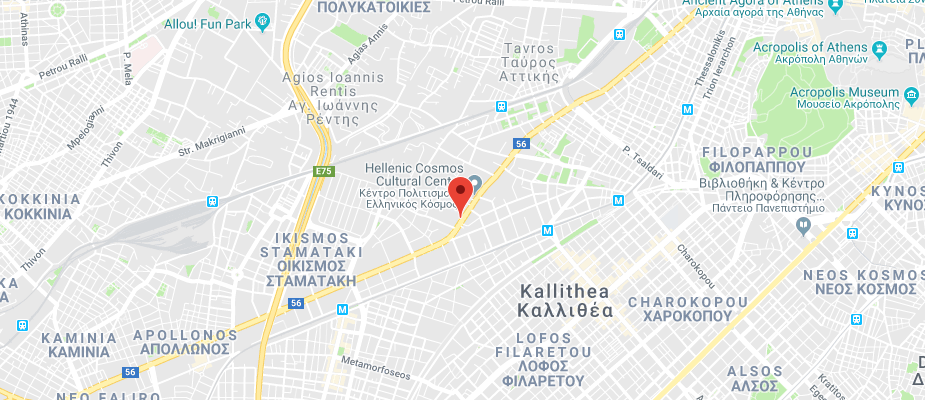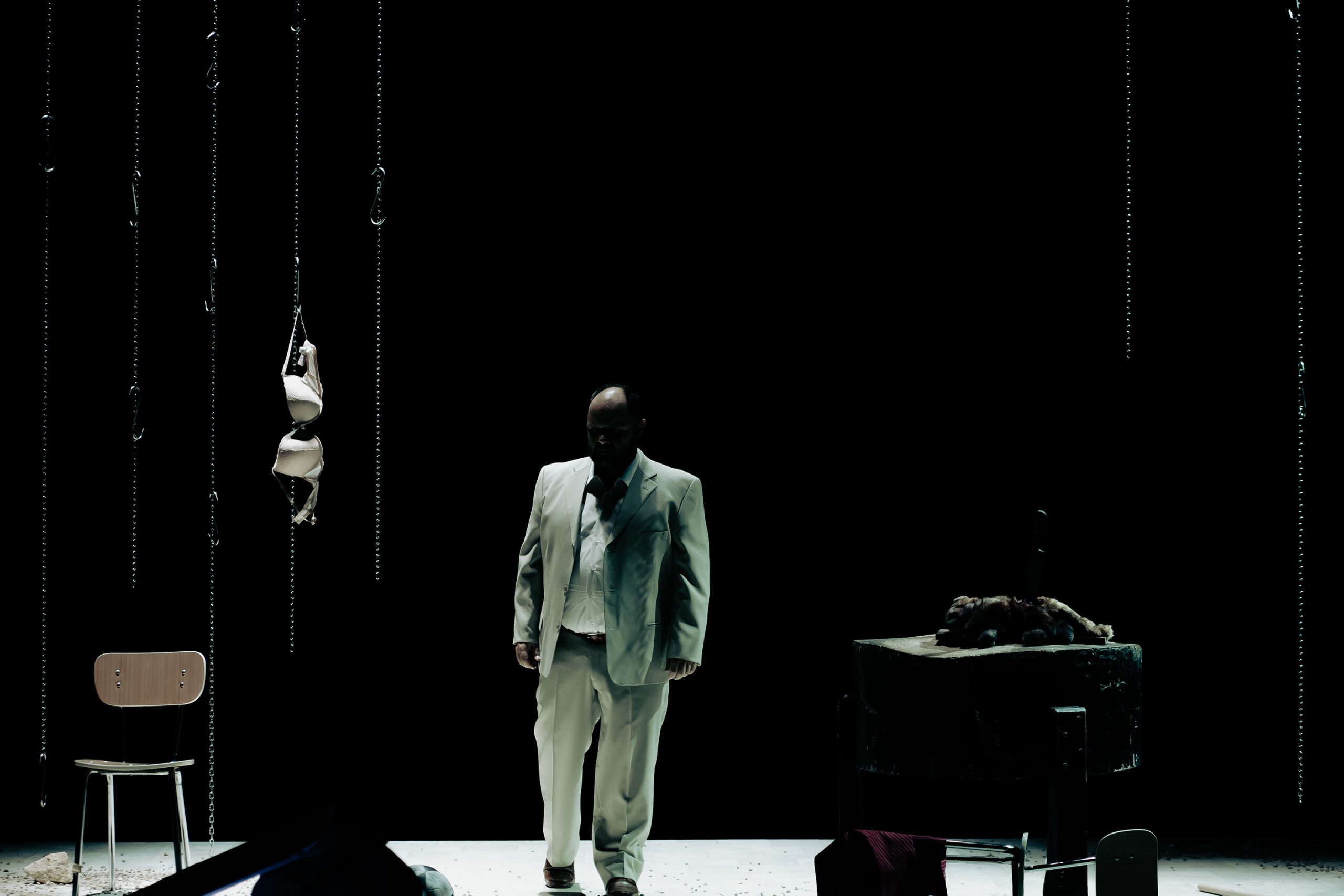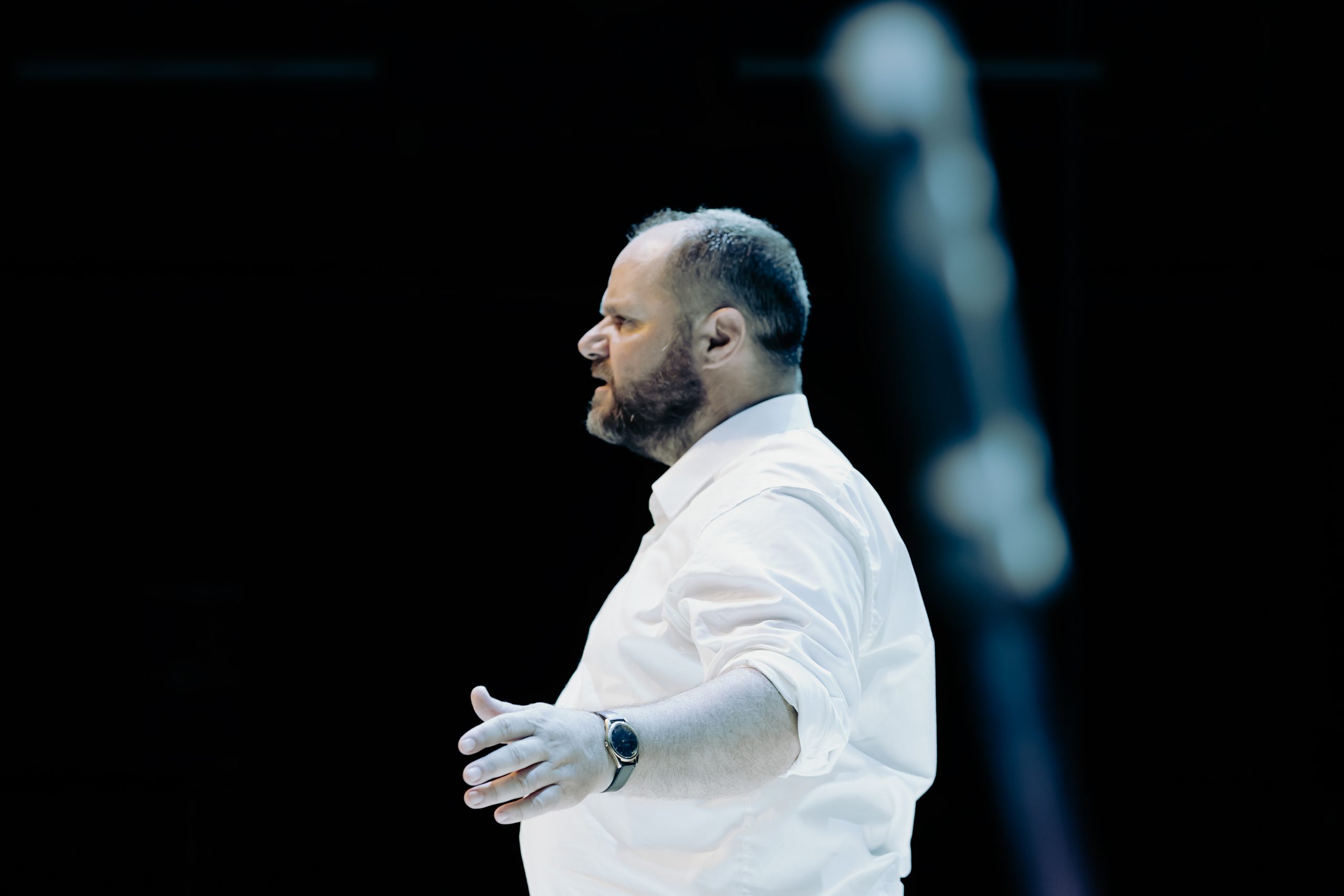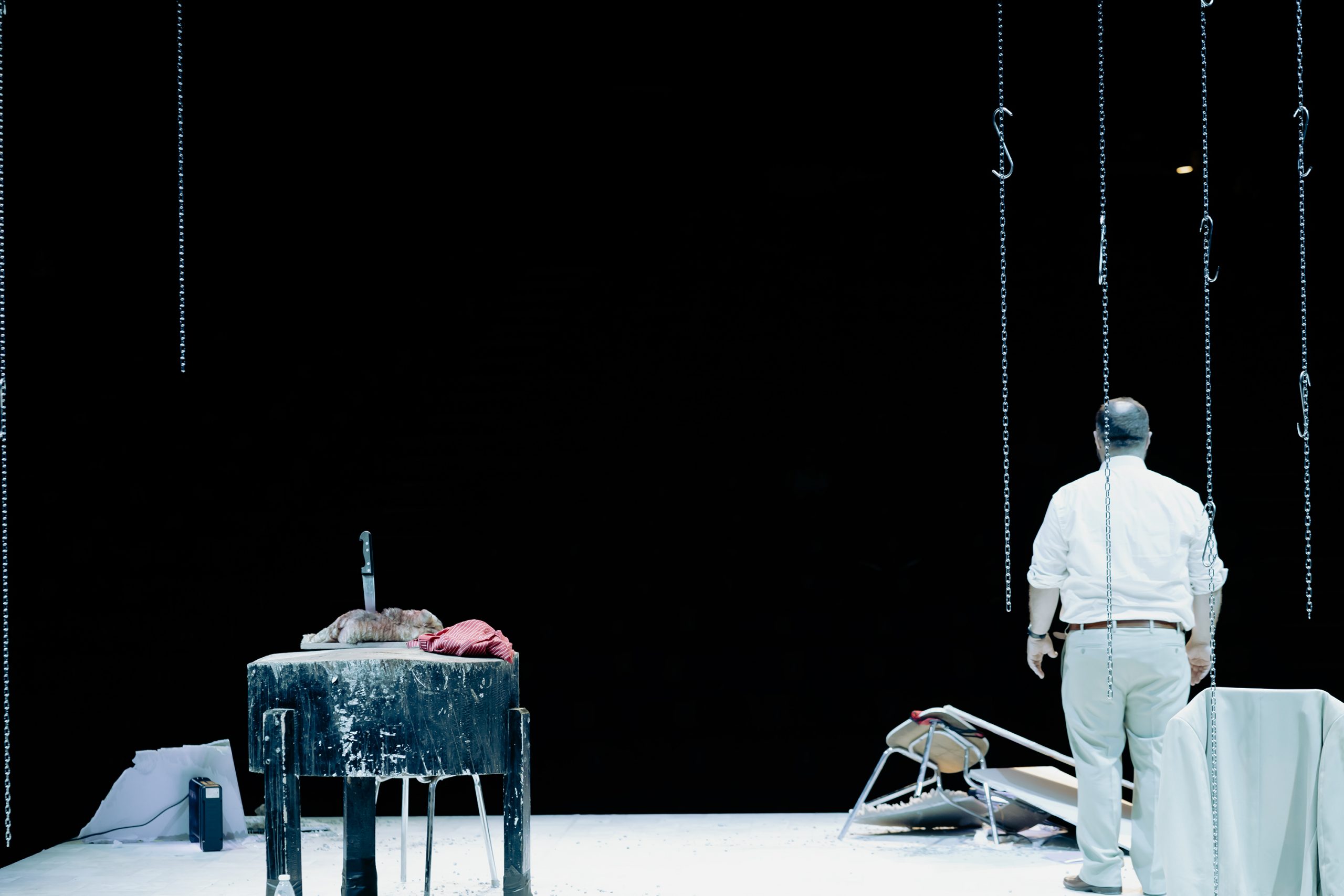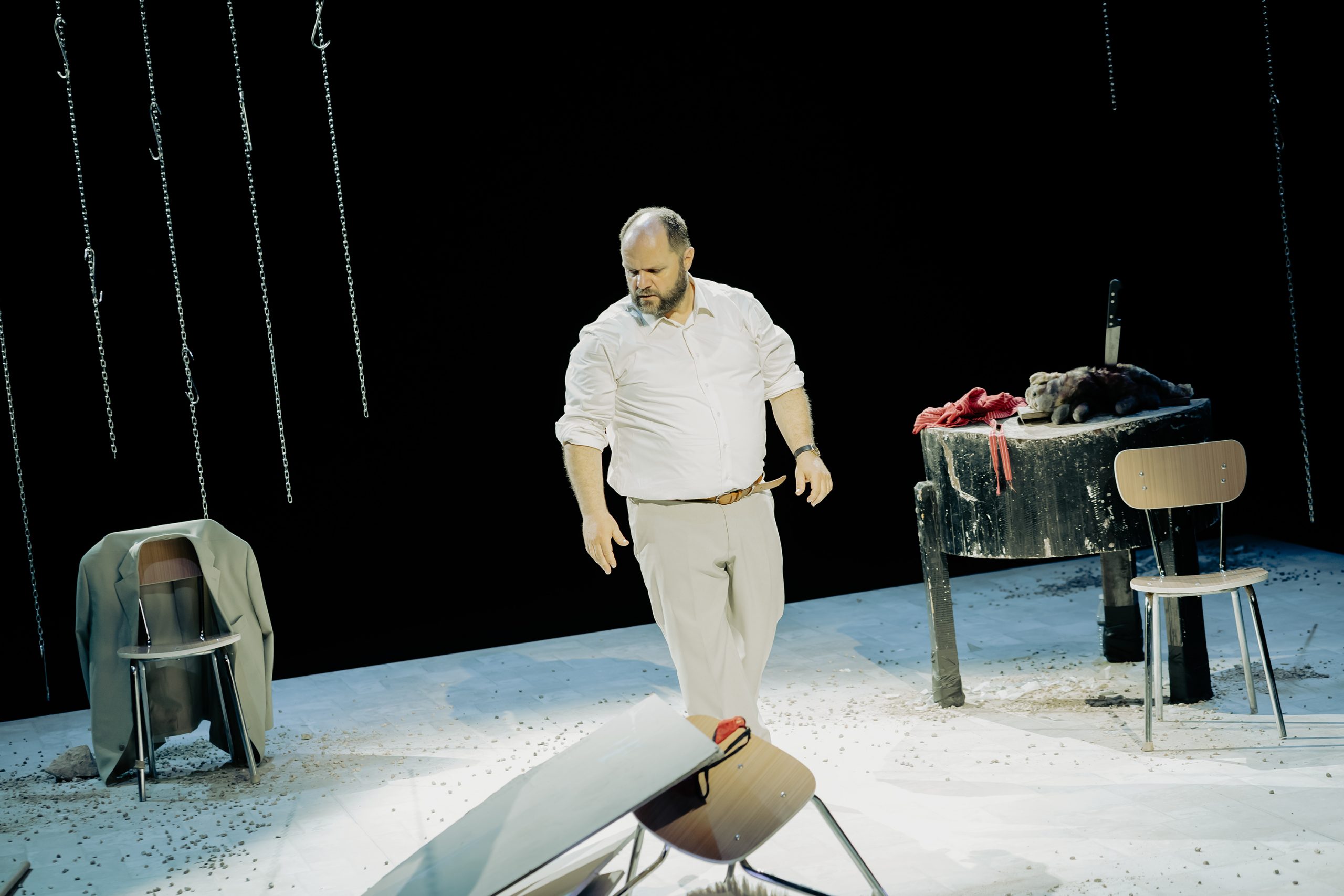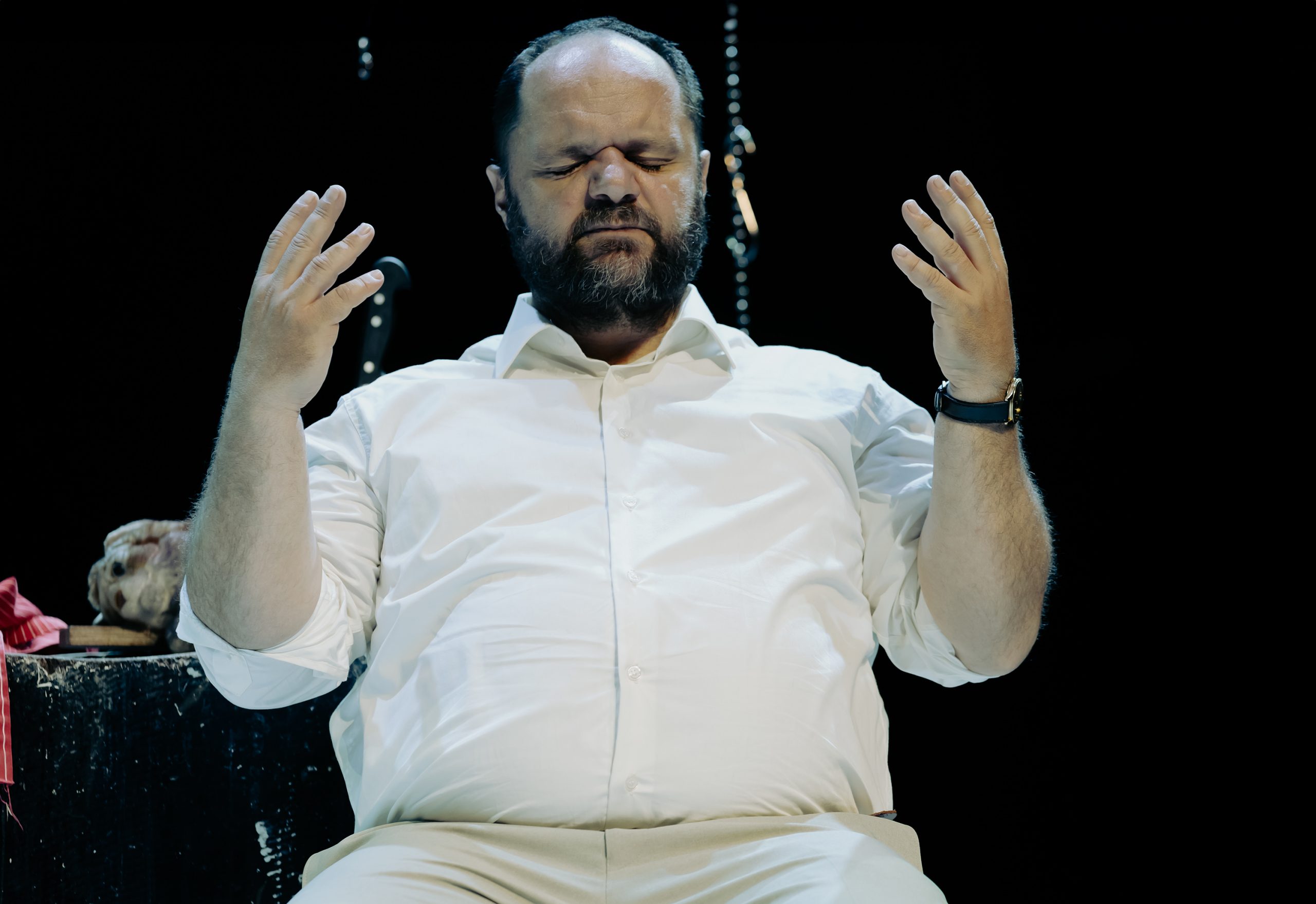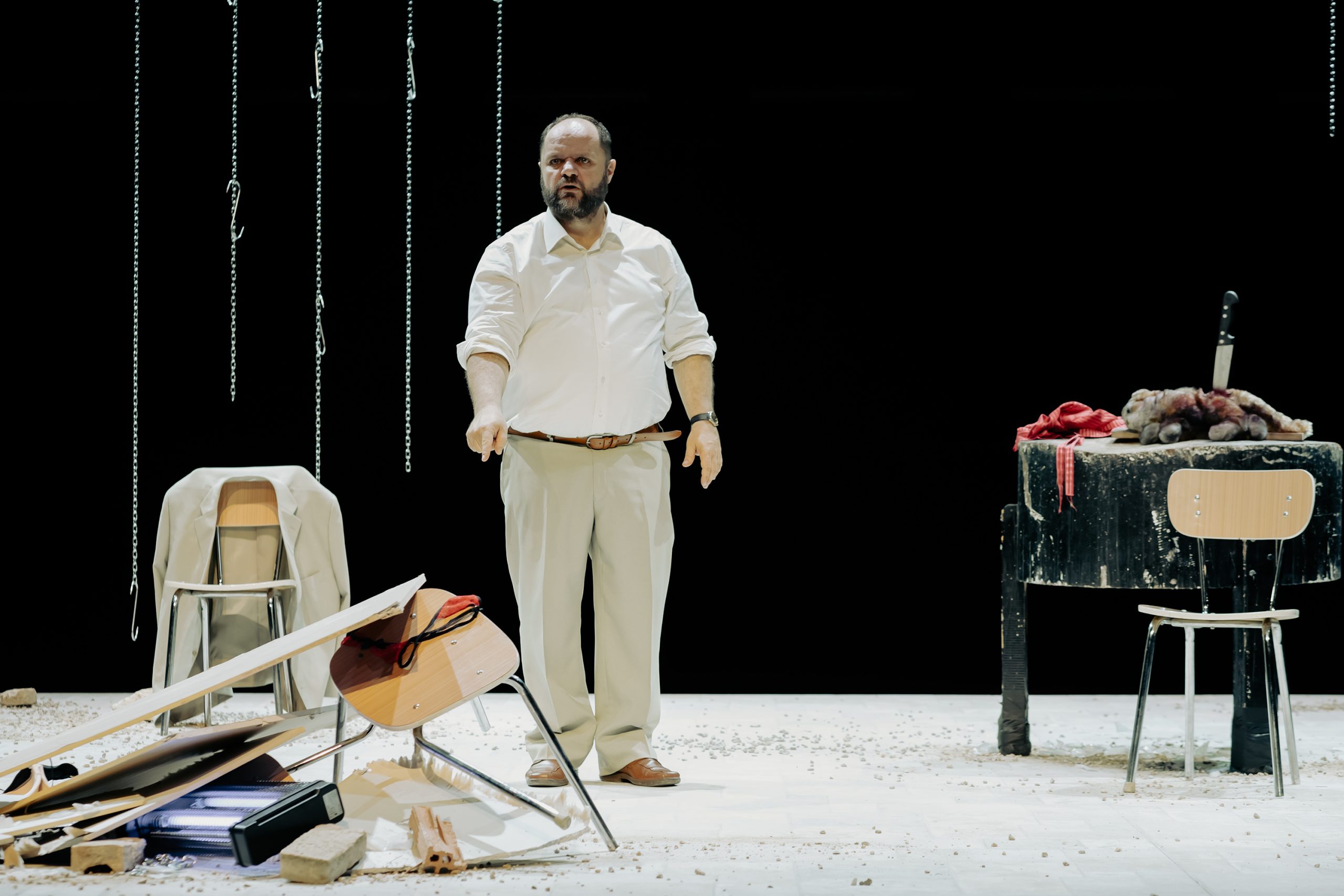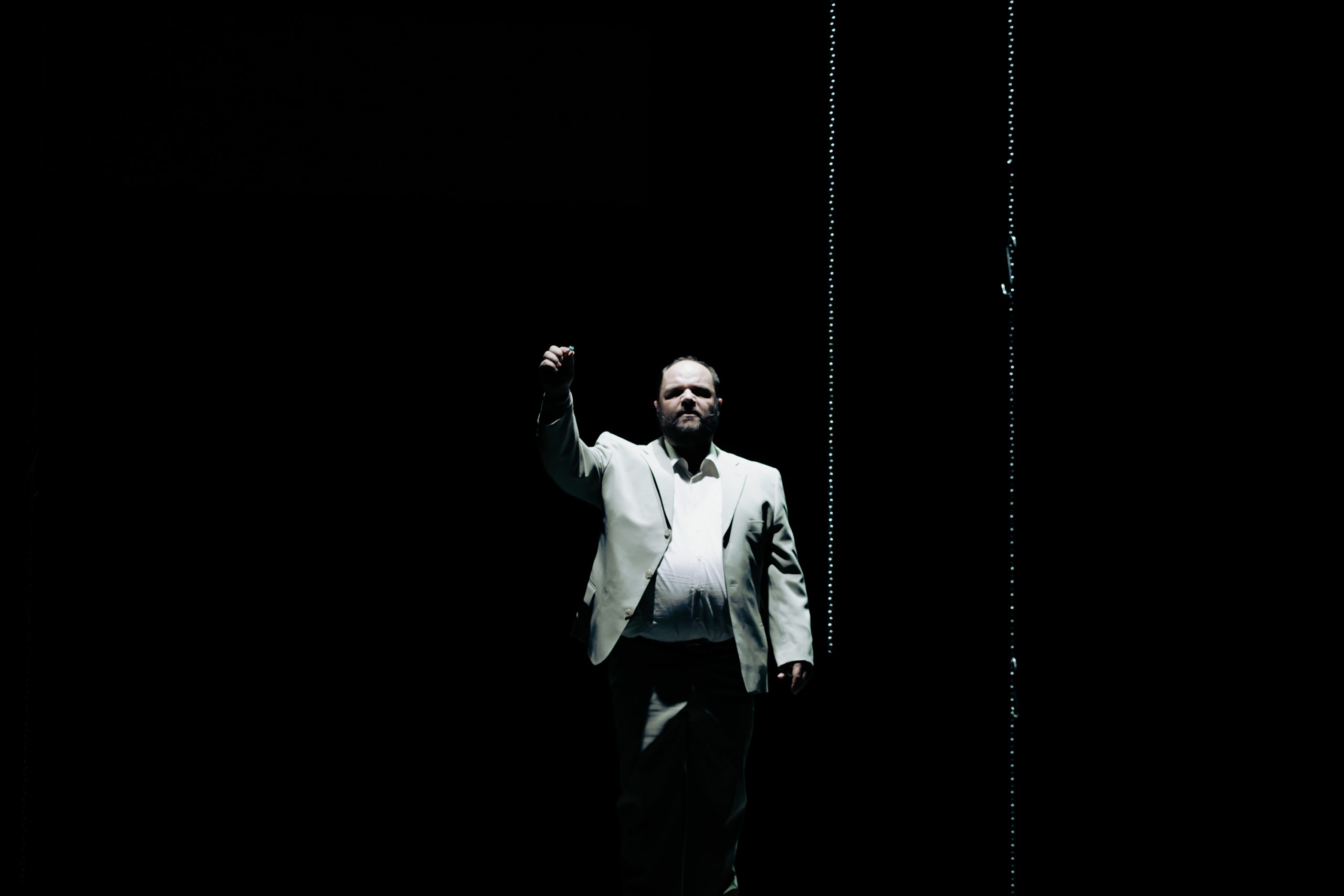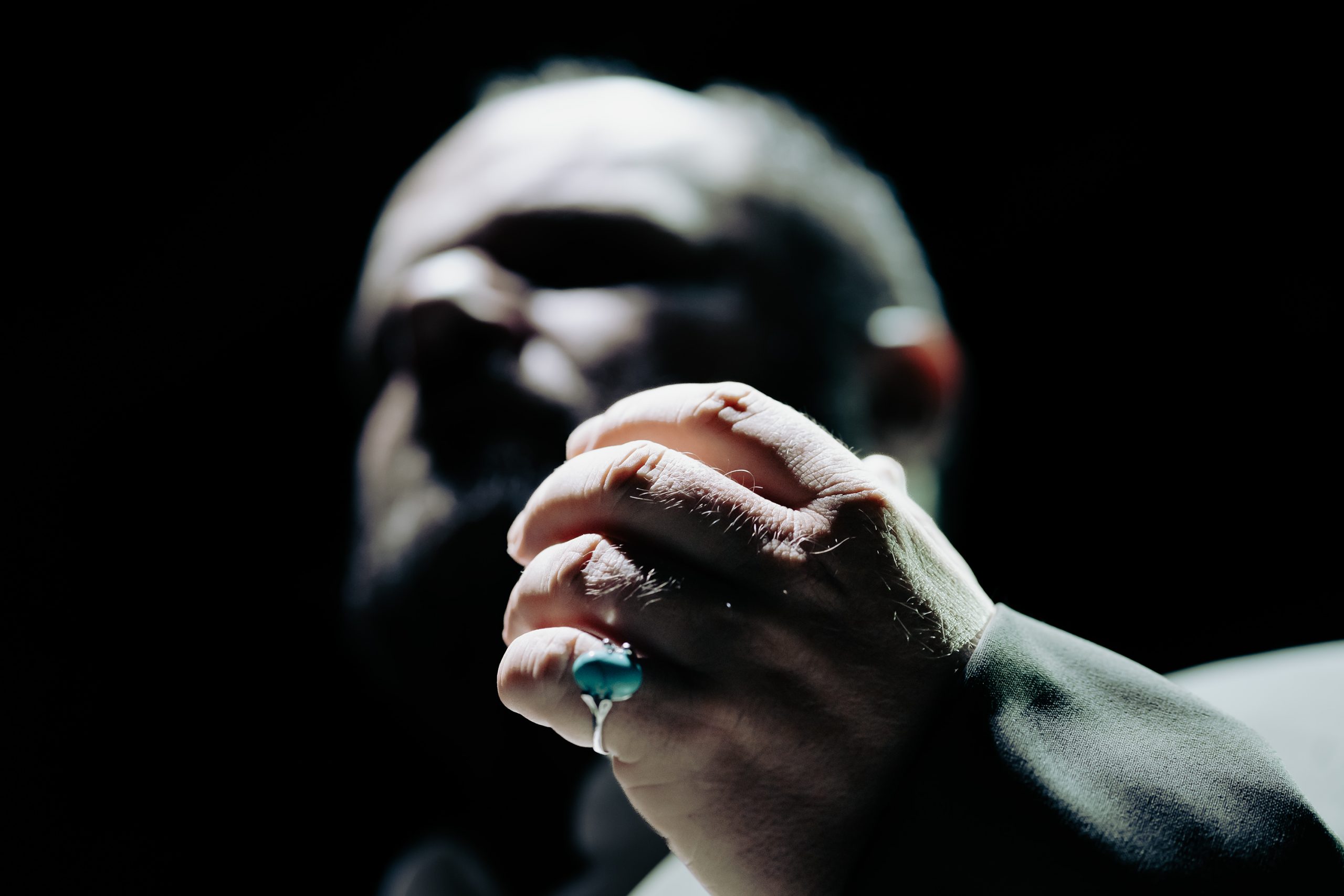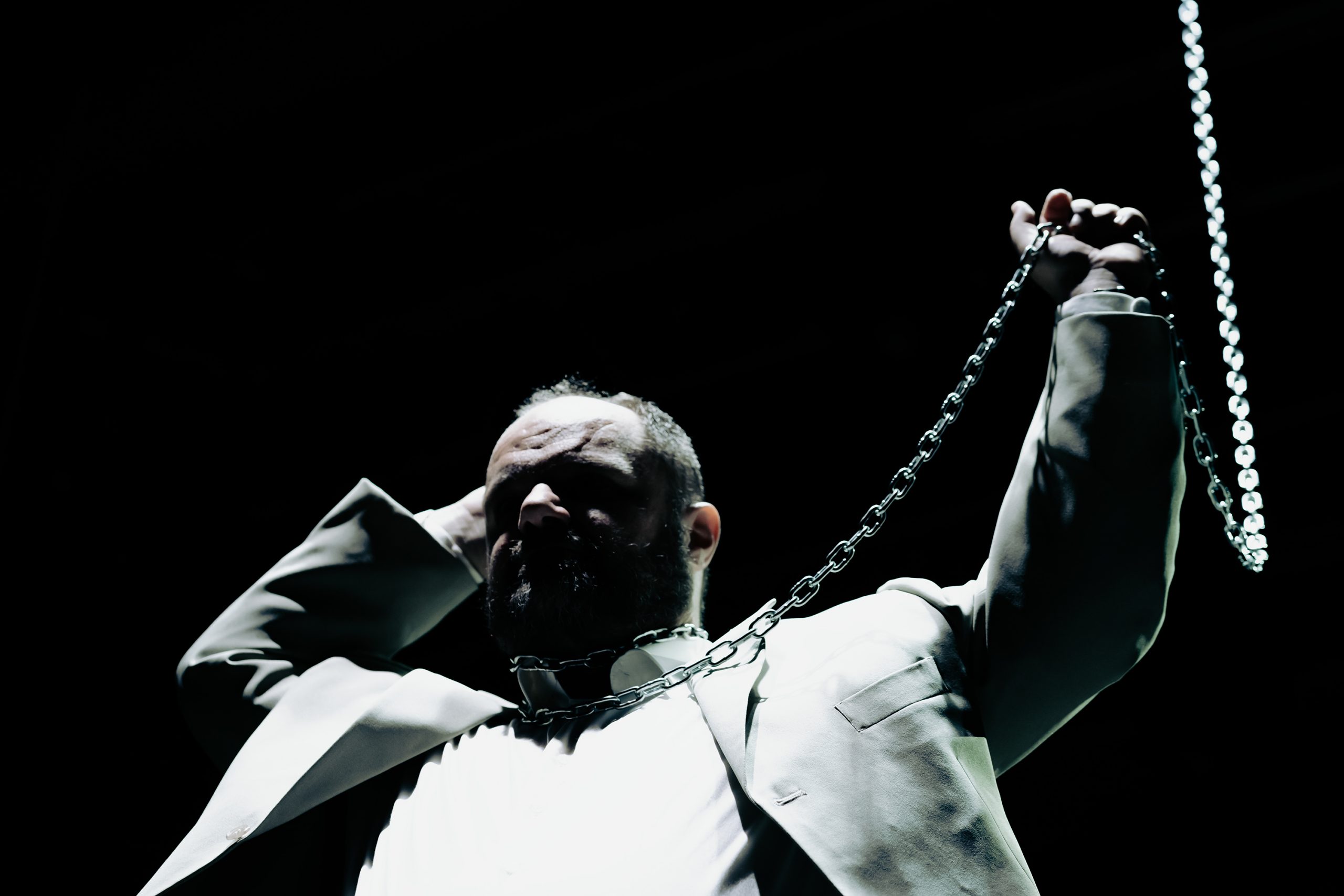Niketi Kontouri
Cryptogam
by Michalis Albatis

Having caused a great sensation with his novel Let the Dead Bury Their Dead (Kai oi nekroi as thapsoun tous nekrous tous), published in 2022 (Nissos Publishing), the author Michalis Albatis writes for the Festival a dramatic monologue set in a small town in early 1980s Crete.
‘The [Greek] words kryptón (secret) and gamein (marry), as the author explains, make up the title Cryptogam, which means to be secretly reproduced. This name was given by the Swedish botanist Carolus Linnaeus to the algae, fungi, bryophytes, and pteridophytes as their lack of flowers, fruits, and seeds made their reproduction seem like a mystery. However, the same mystery seems to also stand for human creatures whose gender classification is unclear and their role in the flow of evolution is nebulous (...). They are organisms that, in order to survive, imitate their peers, in manners, in how they dress or talk, forced to flourish only in the dark, filling their lungs with night. This is how they live, holding their breath for years. Yet, if they are left with no air, compelled to violently emerge into the light, a flashover is inevitable...’.
The protagonists are ‘a butcher who did not want to be born a butcher, who hates the smell of entrails and blood, a magic ring that transforms whoever wears it into what they most desire and fear to be, an engagement party, and a murdered transvestite who idolised Aliki Vougiouklaki, performing her songs in the streets and taverns under mockery and boos’. The author’s text centres around the savageness of rural Greece in the 1980s while the performance around those who have suffered the terror of marginalisation, failure, and public shaming.
Niketi Kontouri’s direction brings together a group of passionate artists, aiming at revealing the explosive mechanism between the words of such a humane text and the opening of another bright path leading to the acceptance of difference. After all, as the director notes: ‘Nature is always stronger and finds a way out even in the most painful ways. Let us listen to it!’
Peiraios 260 (H)
- 17/06/2024 at 20:00
- 17/06/2024 at 22:00
- 18/06/2024 at 20:00
- 18/06/2024 at 22:00
all events
Opera | Theatre | Dance | Premiere | Greek Debut
Ancient Theatre of Epidaurus | Peiraios 260
all venues

